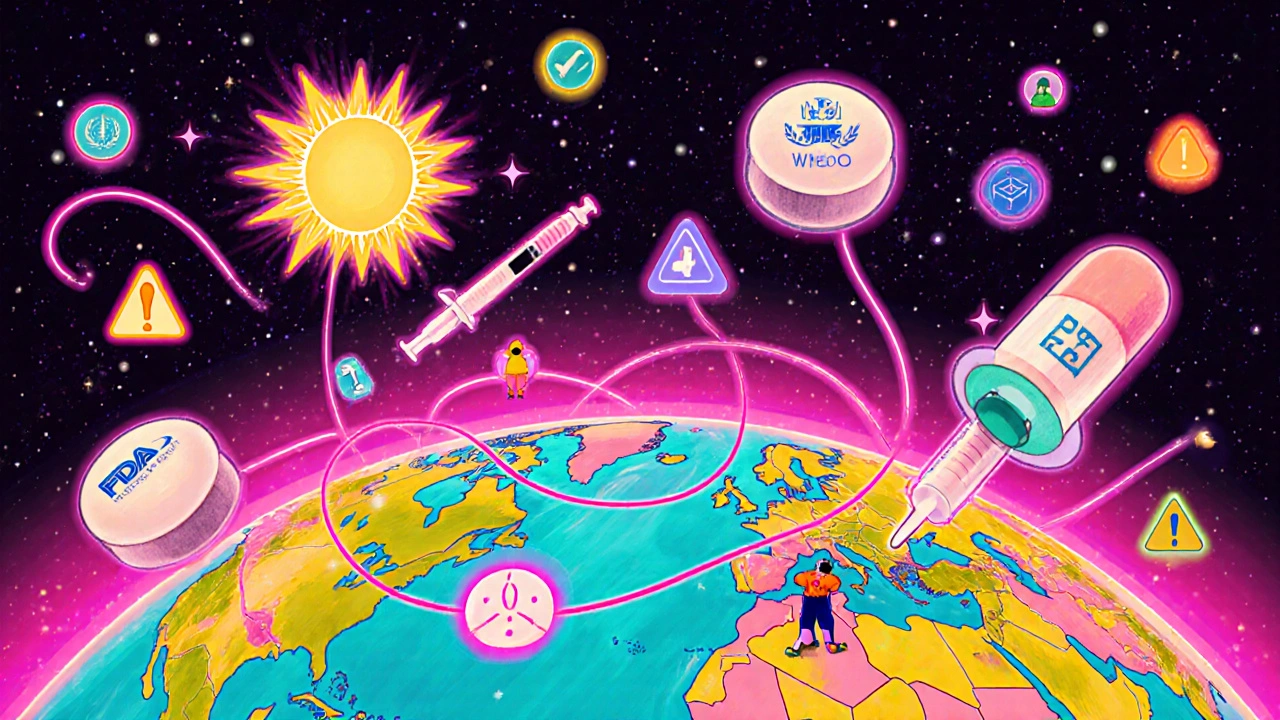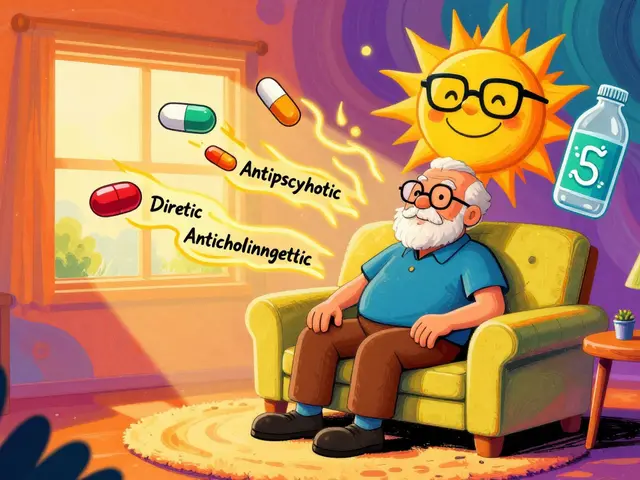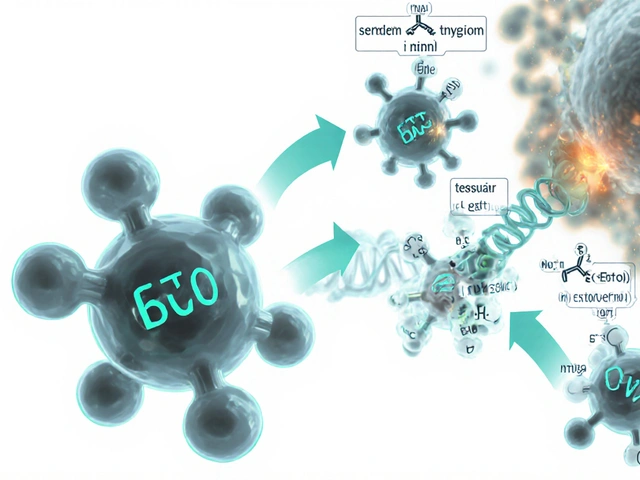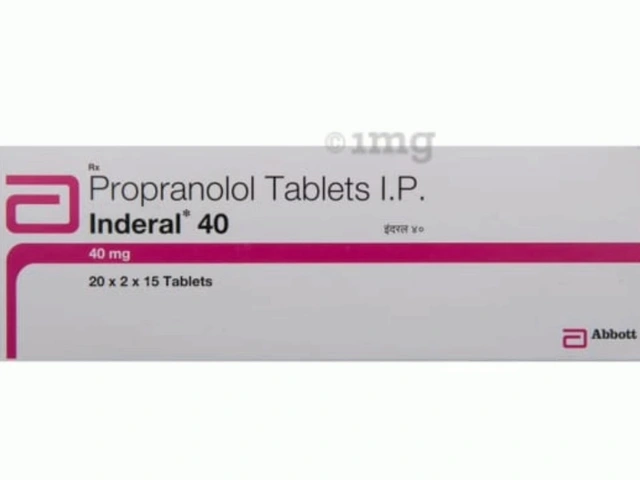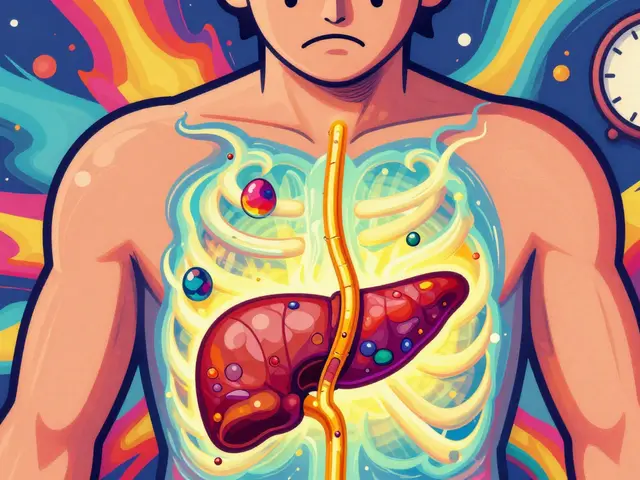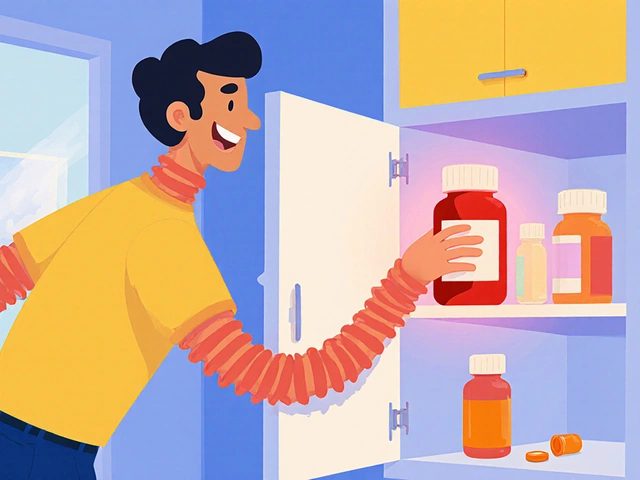MedSafetyWeek: Protect Yourself from Dangerous Drug Interactions and Side Effects
When you take a pill, you trust it will help—not hurt. But MedSafetyWeek, a global initiative focused on raising awareness about medication risks and promoting safe drug use. It's not just a calendar event—it's a wake-up call for anyone on prescription meds, supplements, or even over-the-counter painkillers. Every year, thousands end up in the hospital because of preventable drug mistakes. Some take statins for heart health and ignore muscle pain, thinking it’s just aging. Others mix herbal supplements like St. John’s Wort with antidepressants, not realizing it can trigger serotonin syndrome. These aren’t rare accidents—they’re predictable outcomes of poor awareness.
Drug interactions, when two or more substances affect each other’s behavior in the body. Also known as medication conflicts, they’re behind many of the most dangerous outcomes in modern medicine. Take acitretin for psoriasis—it clears skin but leaves you vulnerable to infections. Or domperidone, used in pets and sometimes humans, which can cause serious heart rhythm issues if dosed wrong. Even something as simple as Claritin and Zyrtec can be confused, leading to double dosing. And then there’s the silent killer: early refills and duplicate therapy. Someone gets Bactrim from one doctor, then gets sulfamethoxazole from another—same drug, different name. No one connects the dots until they’re sick.
MedSafetyWeek isn’t about scaring you. It’s about giving you control. You can report a bad reaction through MedWatch, the FDA’s system that actually changes drug warnings. You can ask your pharmacist if your supplements interfere with your blood pressure pills. You can get genetic testing for statin tolerance before your muscles start aching. You can learn which pain relievers are safest for your kidneys, or how to spot signs of otosclerosis before hearing loss becomes permanent. These aren’t abstract ideas—they’re actions you can take today.
Below, you’ll find real guides written by people who’ve been there: the athlete needing a therapeutic use exemption, the person on daclatasvir searching for support, the pet owner wondering if domperidone is safe for their dog. These aren’t theory pieces. They’re practical, no-fluff instructions on how to avoid harm, spot red flags, and speak up before it’s too late. This is what MedSafetyWeek looks like when it works—not a poster on a wall, but a person who knows enough to ask the right question.
How to Stay Informed about Global Medication Safety News
Learn how to track global medication safety news through official sources like WHO, FDA, and UMC. Discover reporting tools, campaigns like #MedSafetyWeek, and steps to protect yourself and others from drug-related harm.

